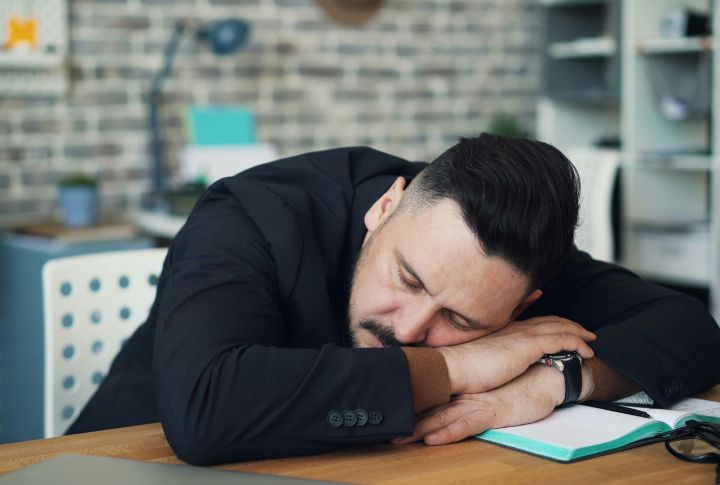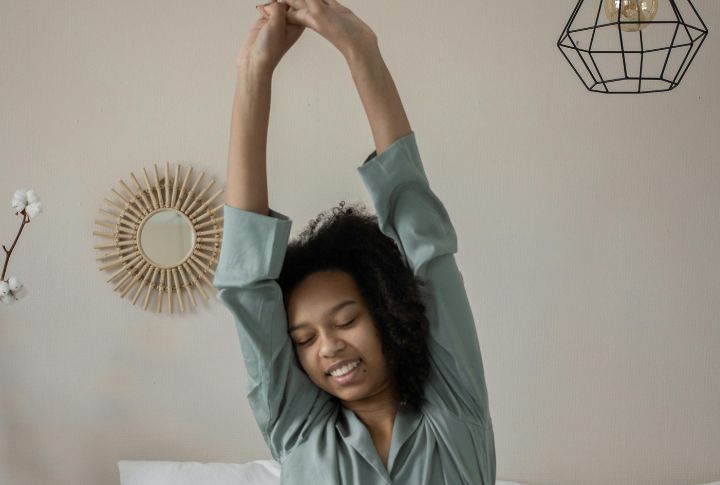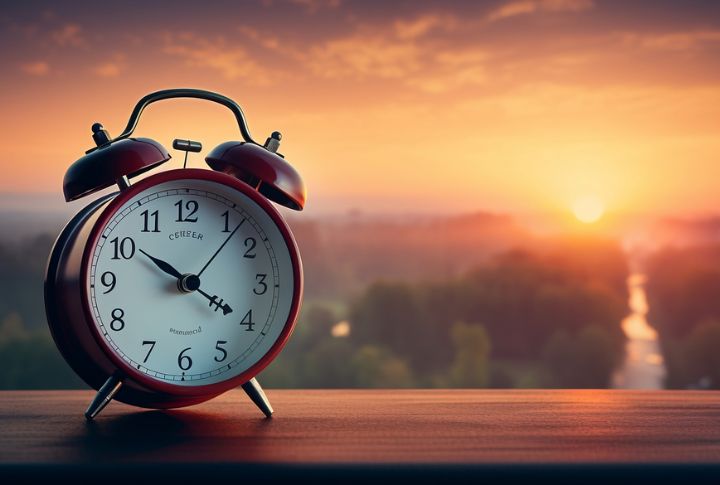
Twice a year, the clock changes, and so do we. That one-hour shift can throw off sleep, drain energy, and cloud mental focus for weeks. As science uncovers deeper links between Daylight Saving Time (DST) and health, the case grows stronger for rethinking how and why we change time at all.
Circadian Chaos

One clock change and suddenly, you’re yawning at noon and half awake at midnight. DST throws off the body’s rhythm, messes with hormones, and even affects your mood. It’s like jet lag without the vacation photos or mini shampoo bottles. Who knew time had such side effects?
Sleep Debt Skyrockets

Even a one-hour loss from Daylight Saving Time can trigger noticeable sleep debt. Most people end up getting around 40 minutes less rest each night in the following week. That ongoing dip in sleep can dull alertness and slow down thinking, especially for adults who are already running on fumes.
Productivity Plunge

That hour you lost over the weekend? It shows up at work on Monday morning. People are usually tired and distracted, and more likely to make mistakes. DST throws off focus and increases the likelihood of on-the-job accidents. It’s like everyone’s running on 80% brainpower—just enough to function but not enough to thrive.
Heart Health At Risk

Heart attack rates jump by 24% on the Monday immediately following the start of Daylight Saving Time, when clocks move forward and sleep patterns are disrupted. The sudden shift can spike blood pressure and stress the heart. To protect yourself, adjust your sleep schedule gradually and avoid heavy activity that morning.
Mood Swings & Mental Fog

DST messes with serotonin, which can lead to anxiety, seasonal depression, mood swings, and other mental health crises. That sudden light shift can emotionally throw people off. If you’re feeling foggy or on edge, it could be your brain’s way of saying, “What just happened?”
Car Crash Spike

Post-DST data shows a 6% rise in motor vehicle fatalities during the following week. Contributing factors include reduced sleep, which impairs reaction time, and lower visibility in the morning. These combined risks significantly affect early commuters, particularly in high-traffic areas and regions where sunrise is delayed by the clock adjustment.
Teen Sleep Crisis

Teens are already allergic to mornings—then DST makes it worse. Because of hormonal changes, their body clocks run late, so losing even more sleep is a disaster. Class starts, but their brains are still in bed, leading to slipping grades and mood swings.
The Science Of Adjustment

Your body can take up to two weeks to recover from the DST shift. During that time, sleep and energy levels stay off balance. Try keeping a steady sleep schedule by dimming lights before bed and getting morning sun exposure to help your internal clock reset more smoothly.
Permanent DST Vs. Standard Time

Circadian science supports permanent Standard Time, which aligns more closely with the body’s natural rhythms. Although it reduces long-term health risks, advocates of permanent Daylight Saving Time highlight public safety and economic benefits. Lower crime rates and more consumer activity during extended evening daylight hours are a bonus.
Survival Methods

Daylight Saving Time (DST) can be challenging to adjust to, but experts offer strategies to ease the transition. Gradual bedtime changes, exposure to early daylight, and consistent evening routines can reduce its impact. While individual results vary, these small steps can significantly improve sleep quality and cognitive performance during the transition week.

